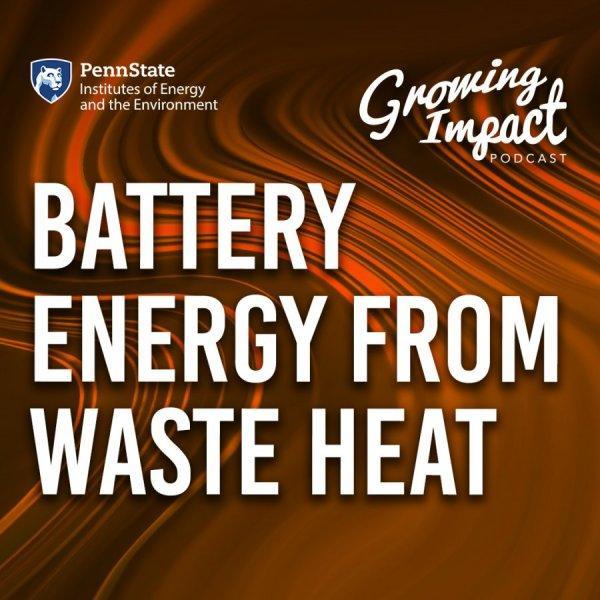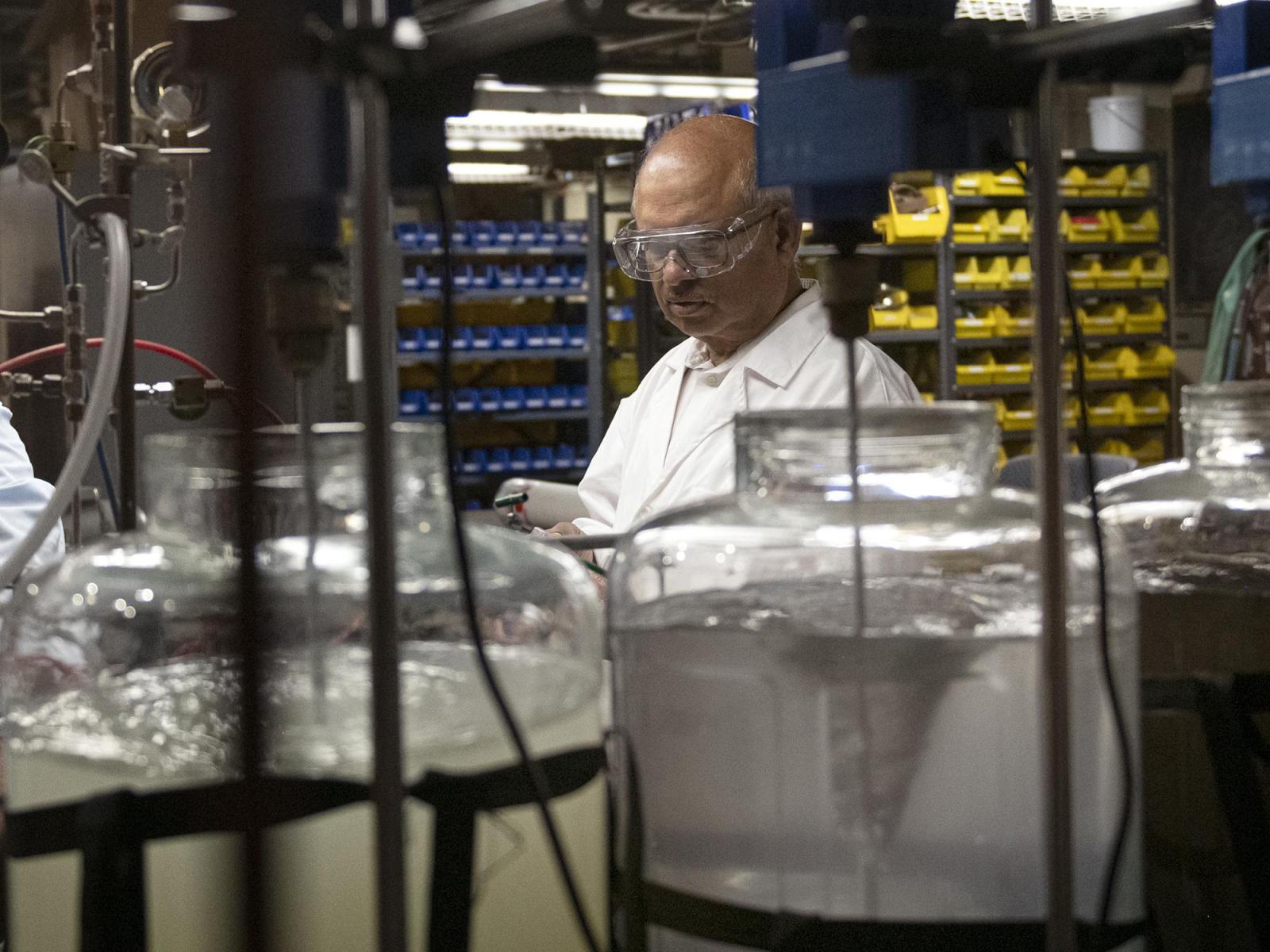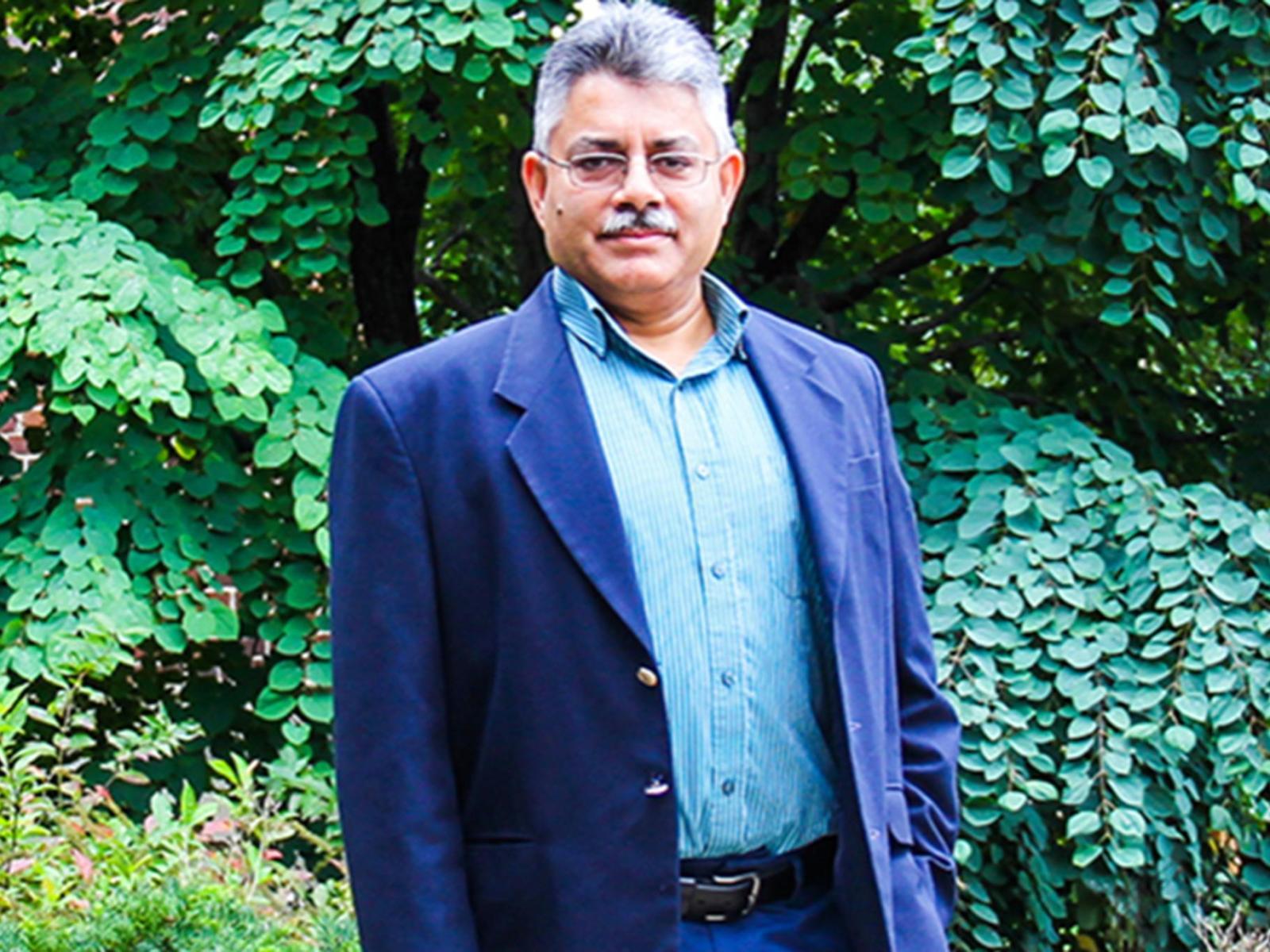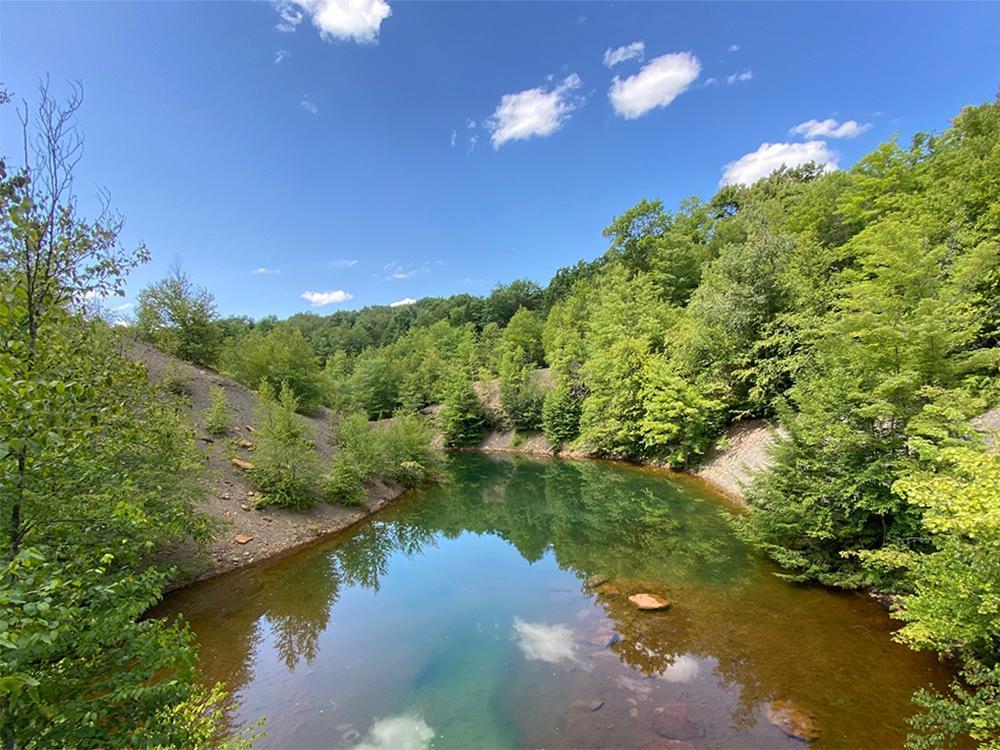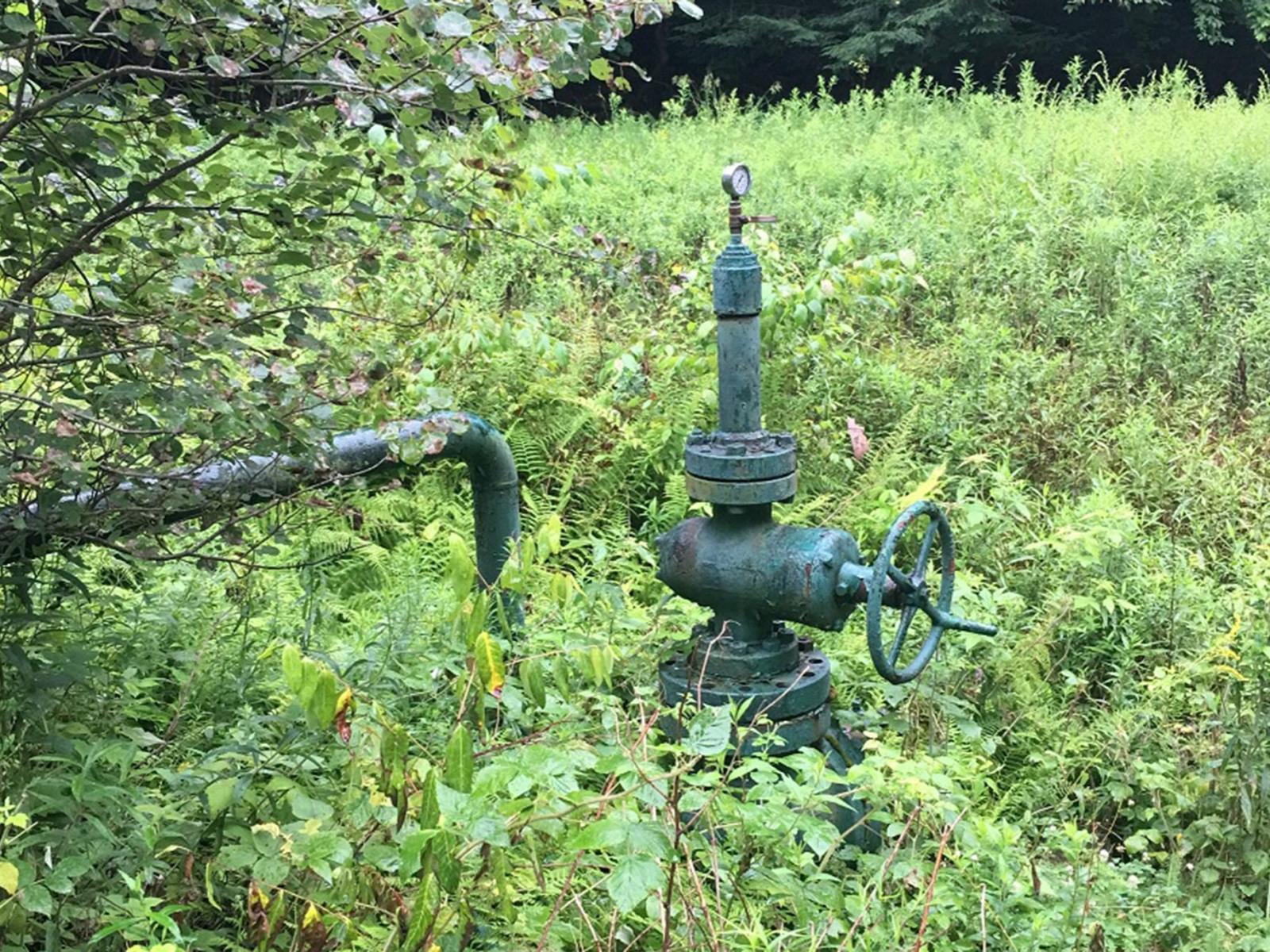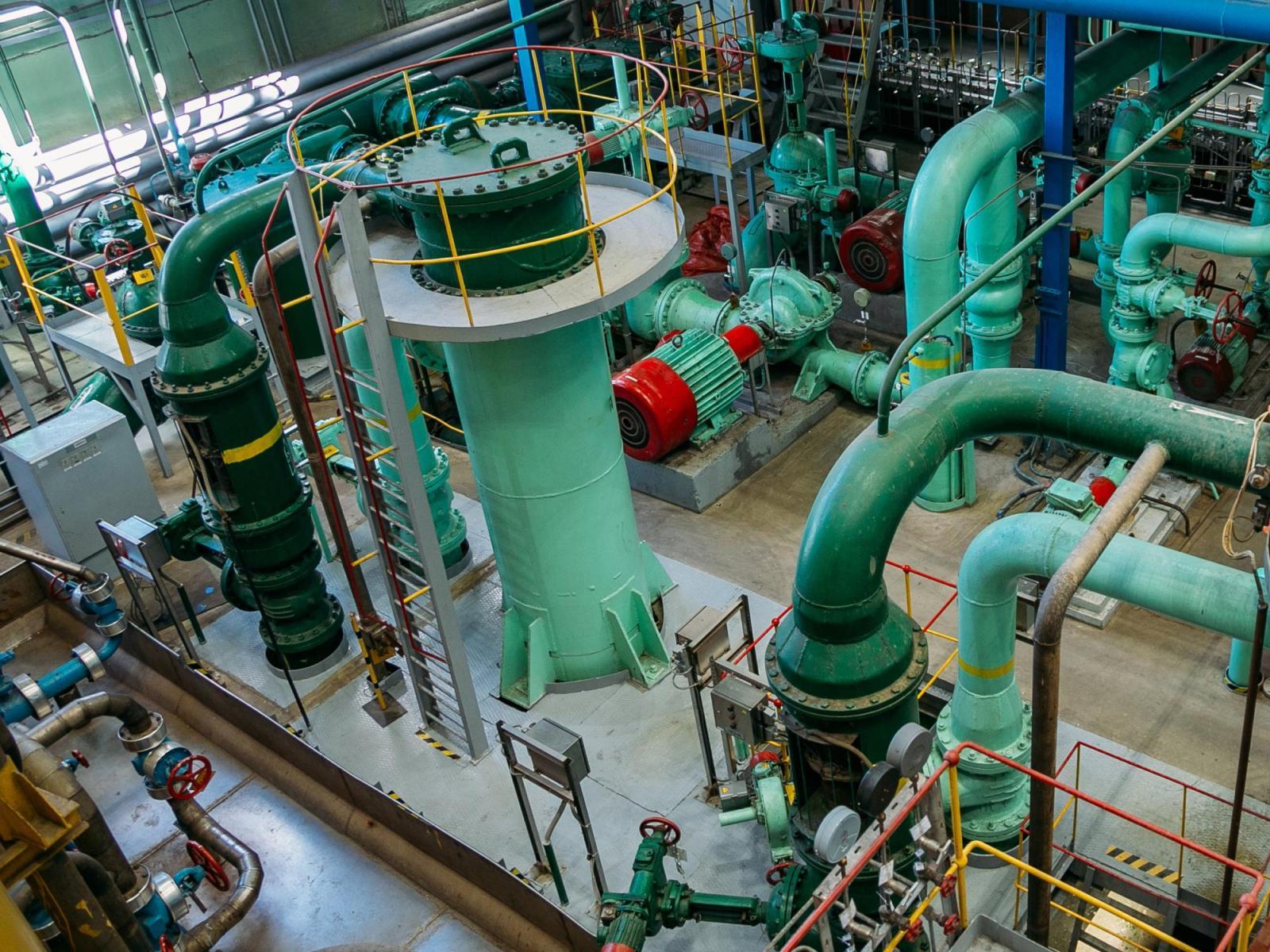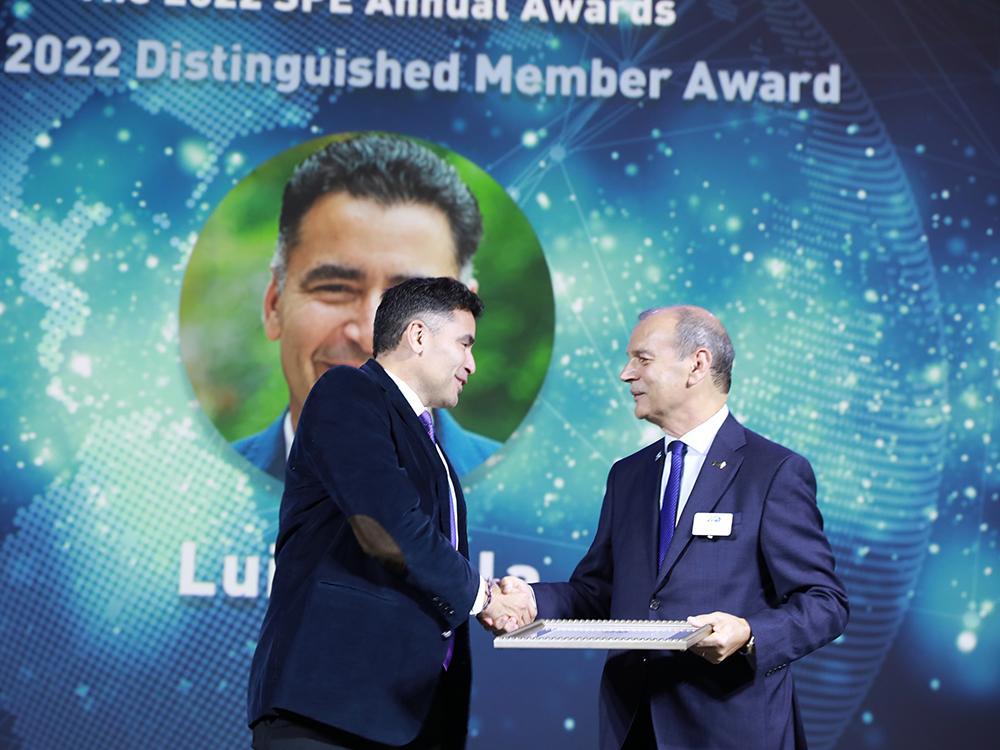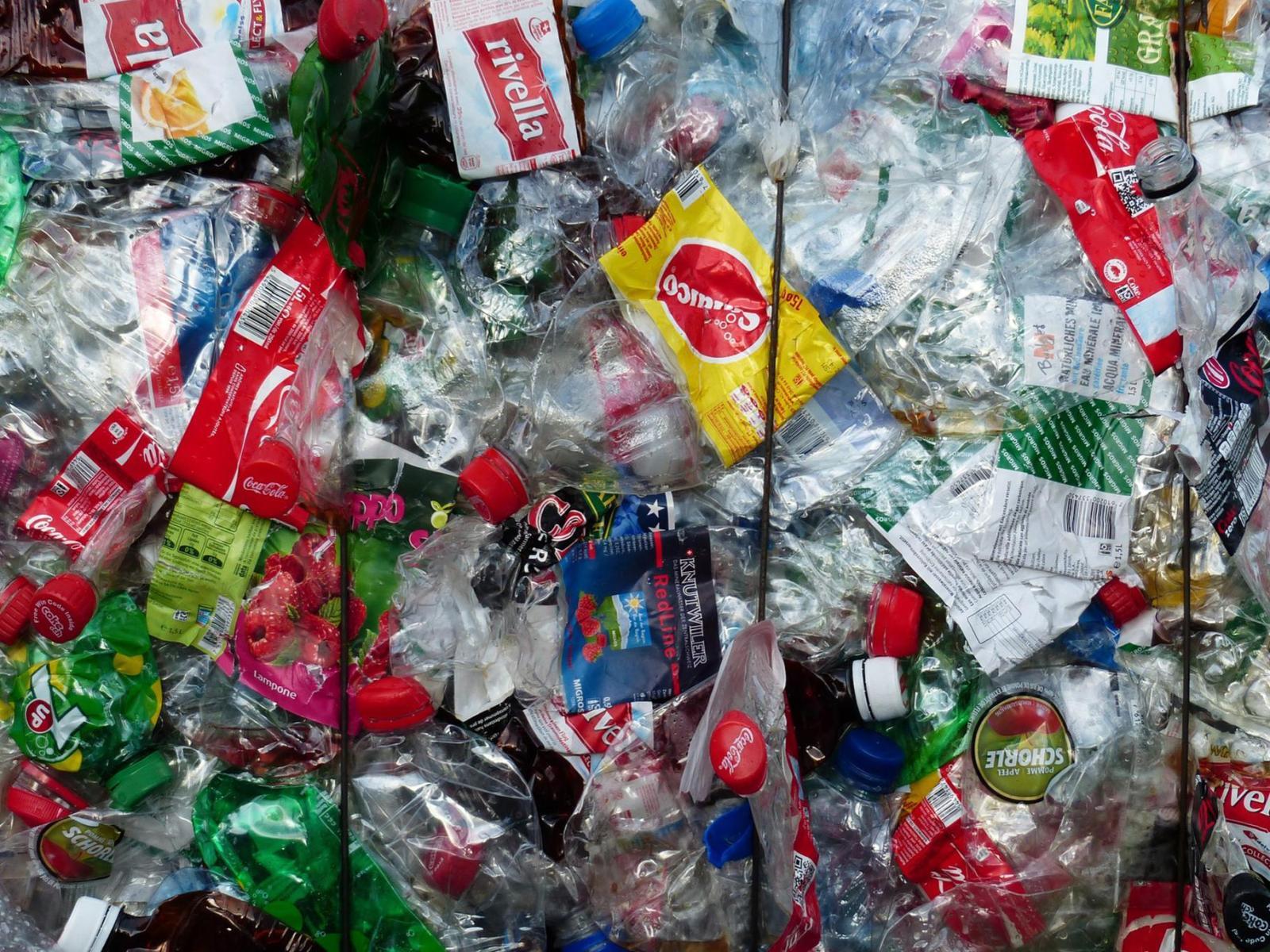Elham Rahimi, a graduate student in the John and Willie Leone Family Department of Energy and Mineral Engineering, received the SME Ph.D. Fellowship grant from the Society for Mining, Metallurgy and Exploration (SME).
Waste heat has been a challenge that scientists and engineers have been pondering for decades. What can be done with this lost energy and can it be harnessed in a useful way? As combustion and technology improved, the percentage of waste heat has decreased, but it is estimated that up to 50% of all industrial energy is lost through waste heat. If that heat could captured or used in a meaningful way, society would move closer to a circular economy. While Derek Hall and his team explored how different battery chemistries might change a battery’s power and energy output, they discovered new opportunities for turning waste heat into stored electrical energy.
Penn State’s Center for Critical Minerals will receive $2.1 million in federal funding to design, build and test a modular pilot-scale research and development unit intended to recover vital rare earth elements and other critical minerals from Pennsylvania streams and other environmental sources.
Sanjay Srinivasan, professor of petroleum and natural gas engineering, has been named director of the Penn State College of Earth and Mineral Sciences (EMS) Energy Institute (EI), effective July 1.
Arash Dahi Taleghani, professor of petroleum and natural gas engineering at Penn State, will serve as a 2022-23 Society of Petroleum Engineers Distinguished Lecturer. The SPE distinguished lecturer program seeks to provide outstanding speakers for the organization’s section meetings and to recognize the professional contributions of the distinguished lecturers, according to the society.
Critical minerals, including rare earth elements, are used to power devices like smartphones and computers and are essential to our nation’s economy and national security. Penn State’s Center for Critical Minerals has developed a new purification process that extracts mixed rare earth oxides from acid mine drainage and associated sludges at purities of 88.5%
Tapping into abandoned oil and gas wells in Pennsylvania, products of the state’s long history of energy extraction — could provide a future source of affordable geothermal energy, according to Penn State scientists.
A team of researchers at Penn State is investigating how contaminants in power plant water cycles affect the integrity of steel pipes and tubing in power generation systems.
Luis Ayala, professor of petroleum and natural gas engineering and holder of the William A. Fustos Family Professor in Energy and Mineral at Penn State, has been honored as a distinguished member by the Society of Petroleum Engineers.
Turning plastic waste into useful products through chemical recycling is one strategy for addressing Earth's growing plastic pollution problem. A new study may improve the ability of one method, called pyrolysis, to process hard-to-recycle mixed plastics — like multilayer food packaging — and generate fuel as a byproduct, the scientists said.



